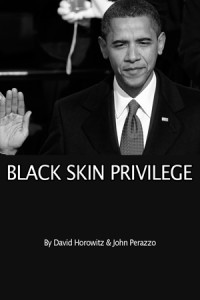White left-liberals display an almost erotic enjoyment of racial subjugation.
More so than internalizing racial contempt for themselves and their kind, this sub-species seems to enjoy taking punishment for being white, being pretty in a white way, etc.
Or is it, rather, that these liberals love the phony, showy self-righteousness that they’ve cultivated in the course of apologizing for their skin color?
Either way, if you get off on taking punishment for doing no harm to anyone other than existing in your skin—you probably deserve the real punishment that will invariably follow.
But do your kids? (Read “Sacrificing Kids To PC Pietism.”)
Here are some white men and women—cattle, really—who’ve offered up their faces for branding, as part of University of Wisconsin Duluth-Superior’s “Un-Fair Campaign.” The young have been mentored by the older generation; the imbecilic pedagogues can’t be saddled with all the blame.
Via Fox News Insider:
A PSA released by a university anti-racism group has drawn criticism after it displayed messages on the faces of white men and women. The messages said things like “it’s not luck, it’s privilege,” and “society was set up for us.” The Un-Fair Campaign at the University of Wisconsin Duluth-Superior says the ad is meant to highlight that institutional racism exists in the area because of economic and educational advantages of white people compared to minorities.
UPDATE (3/14): “Attention White People!” BY Tom DiLorenzo:
“…the state of Wisconsin is about to require all white students to wear white wristbands to constantly remind them that they are ‘privileged white people.'”


